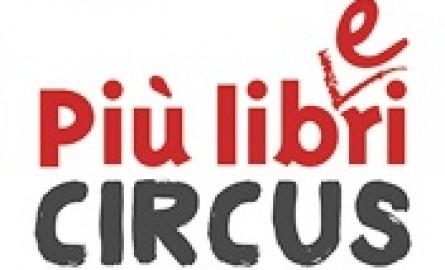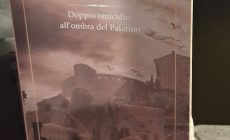di Susanna Lai
 Everyone knows that modern life is full of worries, difficulties and hurry, which cause stress for a great number of people.
Everyone knows that modern life is full of worries, difficulties and hurry, which cause stress for a great number of people.
Scientists, however, inform us that stress is a normal physical response to events that make us feel threatened or out of balance in some way.
It is our nervous system that starts the stress response by releasing a flood of hormones including adrenaline and cortisol, so as to prepare the body for emergency action: our heart pounds faster, muscles tighten, blood pressure rises, breath quickens and our senses become sharper. All these changes are aimed at increasing our strength and at speeding our reaction time. In practise we prepare either to fight or to flee from a danger.
Our body, however does not distinguish between physical and psychological threats, if we are stressed over a problem at work, or simply because of a traffic jam our body may react as strongly as if we were facing a life-or-death situation.
On the other hand scientists state that the stress response can be helpful to meet challenges in life, for instance at work, but beyond a certain point, if we have too many responsibilities and worries for example, stress stops to be helpful and starts causing major damage to our health.
Yet we are endowed with a stress-tolerance ability, which differs from person to person. It is one’s outlook of life, emotional make up and genetic code that determines one’s limit, and it is important that we learn to recognise it.
Psychologists suggest that we establish a supportive network of friends and family members as a means to contrast the effect of so-called stressors, while loneliness and isolation make us more vulnerable.
It is evident, however, that we can’t eliminate stress from our lives completely, but we can learn to manage it. Psychological techniques and relaxation practises such as deep breathing and above all yoga and meditation seem to be the best course of action because they produce the body’s relaxation response, a state of resfulness that is the opposite of the stress response.
Provided they are practised regularly these activities lead to a reduction in everyday stress levels and increase our ability to stay calm even under pressure.
A most common type of pressure is hurry, a stressor that seems unavoidable in most people’s lives today. The hurry issue is widely dealt in Take your Time, a book published first in 1994 by Eknath Easwaran.
Easwaran the Indian university professor, who taught English Literature at Berkley, California and was most renowned for his translations of religious Indian texts, passionately devoted himself to find solutions to the accelerated pace of modern life.
In Take Your Time Easwaran deals with the difficulty in living in a hurried world. He insists on the importance of slowing down the pace of life whatever demanding our job is or great our responsibilities are, because the constant speed, hurry and pressure, to which we are subjected, take a toll not only on the nervous system but on the mind as well. Easwaran maintains that hurry generates chronic tension, which inevitably turns into rigid patterns in the way we think and act. In practise our mind also gets speeded up and he points out that a speeded mind is easily subject to negative emotions like anger and fear, while it moves too fast for love, tenderness, compassion and other quiet states.
Thus slowing down is the first step of a path Easwaran indicates to stay healthy in a hurried way, then two other elements seem to be most important: focusing our attention on one thing at a time, so as not to bring confusion to our mind, and living in the present avoiding to cling to past regrets or anxious worries for future. though planning rationally one’s life.
Yet these steps Easwaran proposes are not only aimed at setting a healthy lifestyle, but also at paving the way for meditation. Easwaran had started giving classes on meditation at San Francisco Bay Area in 1960, then in 1961 he founded the Blue Mountain Centre of Meditation.
Meditation he maintained, seemingly better than any other practise, make the mind, hyperactive by nature, calm, clearer and gradually free from rigid patterns
Meditation should result in a greater inner-knowledge and self-awareness.
Easwaran states that it is through meditation that we discover our real nature within . “We are not imperfect physical creatures. Our essence is spiritual, and our greatest need is simply to discover our real nature”.
Research has scientifically proven that meditation is a safe and simple way to balance your physical, emotional, and mental state and more and more doctors are encouraging patients to practice meditation to cure many stress related illnesses.
For further reference see:
www.helpguide.org












Leave a Reply
Your email address will not be published. Required fields are marked (required)